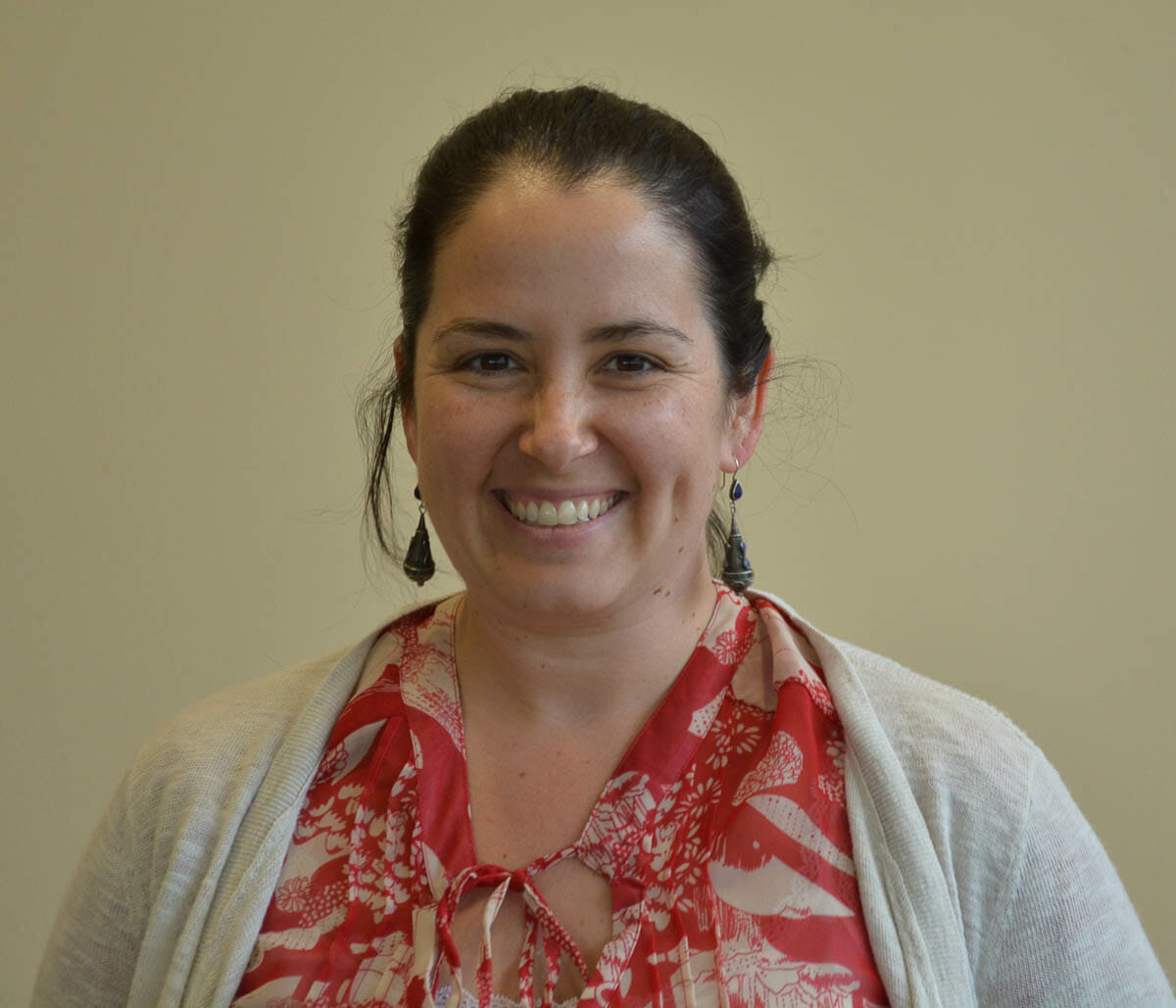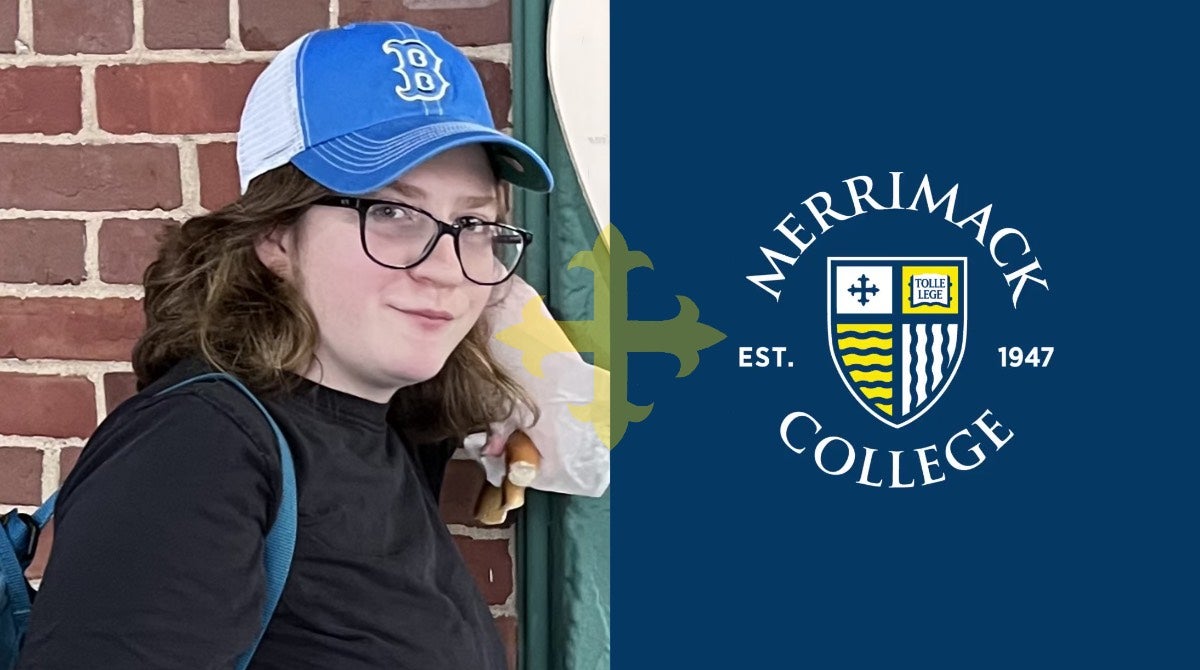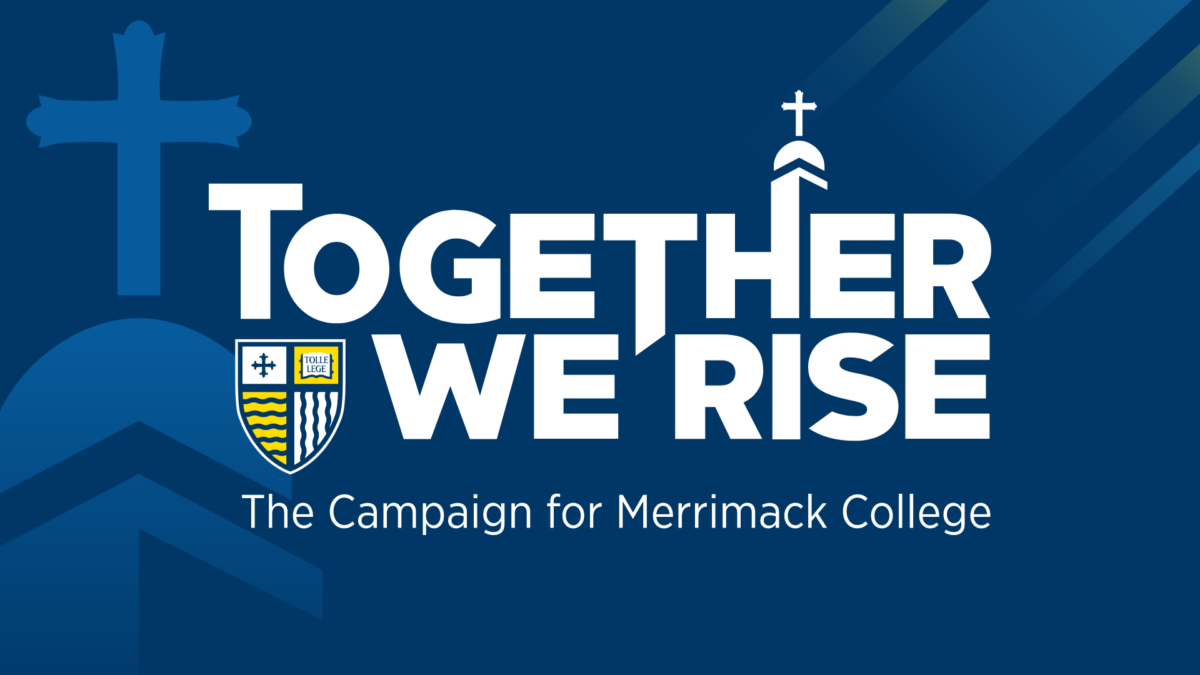“I had been interested in that because I have taken my students to MCI Shirley a few times in my incarceration class and I saw there was a need,” Aiello said.
Budget cuts have reduced funding for prison education systems even though study-after-study has shown education reduces recidivism, she said.
Teachers anecdotally agree prisoners are motivated students who do well in their classes, she said.
Officials at MCI – Shirley are supporting the idea of classes, Aiello said. Other colleges have similar programs at other prisons but there isn’t anything equivalent at Shirley.
Expenses would include funding college credits for a class of 15, which Aiello estimated to be about $20,000, and the cost of a teacher.
“Really the final piece of the puzzle is to find funding from a foundation or something that might support a pilot class for the project,” Aiello said.
Funding to run the program isn’t in place yet but the Provost Innovation Funds grant gave Aiello the resources to plan for the program.
“It falls right in line with Merrimack College’s mission and Augustinian tradition,” Aiello said.
Aiello met with the Rev. Ray Dlugos, OSA, vice president of mission and ministry, during planning and he offered support, according to a grant report she wrote for Provost Carol Glod’s office.
“Father Ray explained that according to St. Augustine, treating people with mercy and dignity is paramount to the human experience,” Aiello wrote.
Catholic social teaching also supports the idea of prison education, she said in the report.
“Every human being is worthy of dignity and respect,” Aiello said. “People are entitled to meaningful work that allows them to discover their gifts and talents. Education is one way – our way – that people experience dignity.”
Aiello has experience with prison education systems. While doing her graduate work at the University of Massachusetts Amherst, she trained in the now-national Inside Out program run through Temple University in Philadelphia in which college professors take their students to prisons to take classes side-by-side with inmates. She also taught a course at Holyoke Community College which brought together already-enrolled HCC students and formerly incarcerated women.
Some costs for Aiello’s proposed program have already been covered.
Academic publisher SAGE has donated textbooks for the proposed program.
Aiello used part of the provost funding grant to buy the Accuplacer test commonly used by community colleges to determine who’s best-prepared to start classes.
“So when the time comes … you have a test to gauge readiness,” Aiello said.
Aiello would step cautiously into the prison education system.
“My vision would be for me to go in, teach a first course, get the lay of the land and see how it goes,” she said.
It makes sense for classes to include general-ed courses that could transfer to community colleges when inmates are released, she said.





